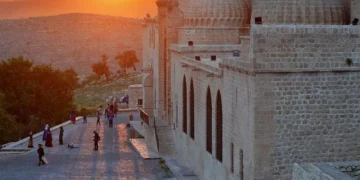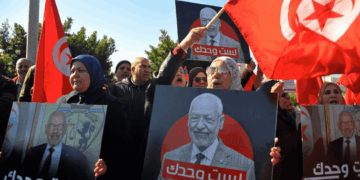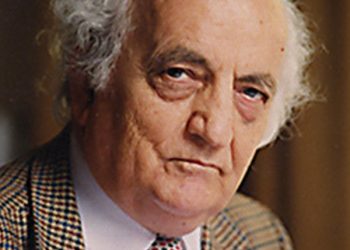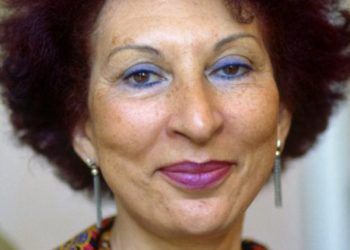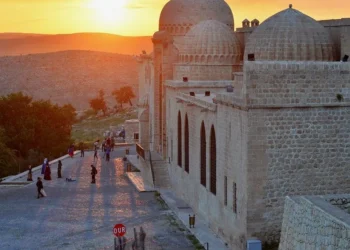Born in 1957 in Bosnia and Herzegovina, Cemaluddin Latic is known as the Yunus Emre of Bosnia and Herzegovina. Cemalettin Latic’s father enrolled Latic in Gazi Hüsrev Bey Madrasah in 1971 and his three other brothers also studied at the same madrasah. In 1977, after graduating from the madrasah, Latic enrolled in the Faculty of Literature at the University of Pristina with the support of Dean Fehmi Agani. While he was a student here, he also studied to enter the Faculty of Islamic Sciences at the University of Sarajevo and enrolled a year later. He studied in the Department of Islamic Sciences together with well-known personalities such as Hasan Çengiç and Halil Mehdic. Latic completed his undergraduate studies at the Faculty of Islamic Studies and Philosophy at the University of Sarajevo. He completed his postgraduate studies in World Literature at the Faculty of Philosophy, University of Zagreb. He completed his PhD at the University of Sarajevo, Faculty of Islamic Studies with his thesis on the miraculous linguistic and formal qualities of the Qur’an (i’caz).
Beyond his educational life, Latic, who was also an activist, was detained by plainclothes police officers who came to the Faculty of Islamic Sciences on May 5, 1983, and was imprisoned (Yunus Emre, Aliya and the poet of the Bosnian front: Cemalettin Latiç, 2019). Latic, who spent 3 years in prison with former President of Bosnia and Herzegovina Aliya Izzetbegovic, also played an important role in the Bosnian national struggle and wrote the national anthem of Bosnia and Herzegovina. According to some Turkish authors, Cemalettin Latiç played the role that Mehmed Kif Ersoy played in the Turkish War of Independence for the freedom of Bosnia in the 90s (Yunus Emre, Aliya and the poet of the Bosnian front: Cemalettin Latiç, 2019). In the environment of freedom brought by the Independent Bosnian state, which was freed from Belgrade’s grip, Bosniak literature experienced a complete explosion. Cemalettin Latic’s deep traces can also be seen in this explosion.
In addition to novels and theater works, Latic’s power manifested itself in the field of poetry. A poem he wrote after 1990 was sung as the national anthem in Bosnia until the 2000s. Latic’s main works are as follows: Mejtas i Vodica, Dome Davudov, Srebrena Cesma, Shkripa Vratica, Ja Sam Tavus Asikana, Srebreniçki Inferno, Careve Oçi and Mevlud-i Şerif. The works of Latic, the national poet of Bosnia and Herzegovina, have been translated into Turkish and among these works translated into Turkish are; Tsar’s Eyes, Gazi Husrev Bey and Gel En Sevgili. Latic has won many awards for his works in poetry form.
The awards he won in order are as follows: Slovo Gorchina, Trebinske veceri poezije, Writers’ Union of Bosnia and Herzegovina Iskender Kulenovic, International Istanbulensis Poetry Competition 2012 and Necip Fazıl Awards 2017. Latic continues to write articles and occasionally makes statements to the media. In these writings and statements, Latic draws attention to the increasing Serbian nationalism and emphasizes that this situation will increase tensions in the region. Latic stated that Serbs dream of “Greater Serbia” in the geography that includes Montenegro, Kosovo, Bosnia and Macedonia. Stating that the Serbs have accumulated weapons and ammunition for these purposes, but that they do not have enough power for massacres as of now, Latic emphasized that Serbs are trying to get support from Europe and Russia.
References
Bıyıklı, M. (2019, February 23).Yunus Emre, Aliya ve Bosna cephesinin şairi: Cemalettin Latiç. Mücerret. http://www.mucerret.com/portre/yunus-emre-aliya-ve-bosna-cephesinin-sairi-cemalettin-latic/








